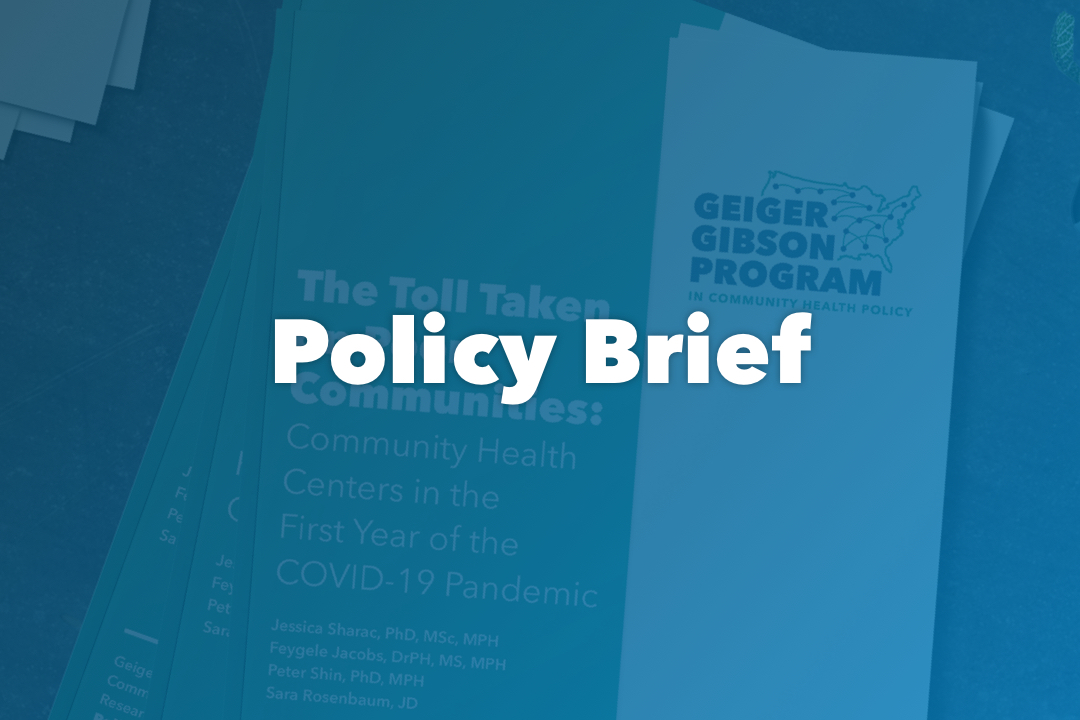As the country struggles to respond to the coronavirus pandemic, emerging evidence suggests drug overdoses are increasing sharply, with an estimated 18% increase in overdoses since the start of stay-at-home orders in March through May 2020. Community health centers play a significant role in addressing the ongoing opioid crisis, with the capacity to screen, treat, refer, and provide supportive services such as case management to patients experiencing opioid use disorder (OUD); CHCs have become a major source of medication-assisted treatment (MAT), the standard of care for those with OUD. This issue brief from Kaiser Family Foundation presents findings from a 2019 survey of community health centers on activities related to the prevention and treatment of OUD, with a focus on MAT, to assess services and capacity prior to the recent surge in need. Key findings indicate that:
- As of 2019, an increased share of health centers were providing MAT services (64%, compared to 48% in 2018).
- Most health centers that provide MAT offer multiple treatment options for patients experiencing OUD.
- Health centers face many challenges meeting the high demand for OUD treatment, including capacity and provider shortages.
The authors find that targeted federal grants from 2016 to 2019 helped health centers bolster MAT programs and establish new ones, although health centers continue to rely heavily on Medicaid to sustain MAT programs and services long-term. However, the high cost of providing MAT services remains a barrier in both Medicaid expansion and non-expansion states, and these barriers will likely remain even as the coronavirus pandemic poses new challenges for health centers’ finances and capacity to provide OUD services.
The brief was authored by Bradley Corallo, Jennifer Tolbert Jessica Sharac , Anne Markus, and Sara Rosenbaum from the Kaiser Family Foundation and Geiger Gibson/RCHN Community Health Foundation Research Collaborative at Milken Institute School of Public Health, George Washington University (GW) and Additional funding support was provided by the RCHN Community Health Foundation.



